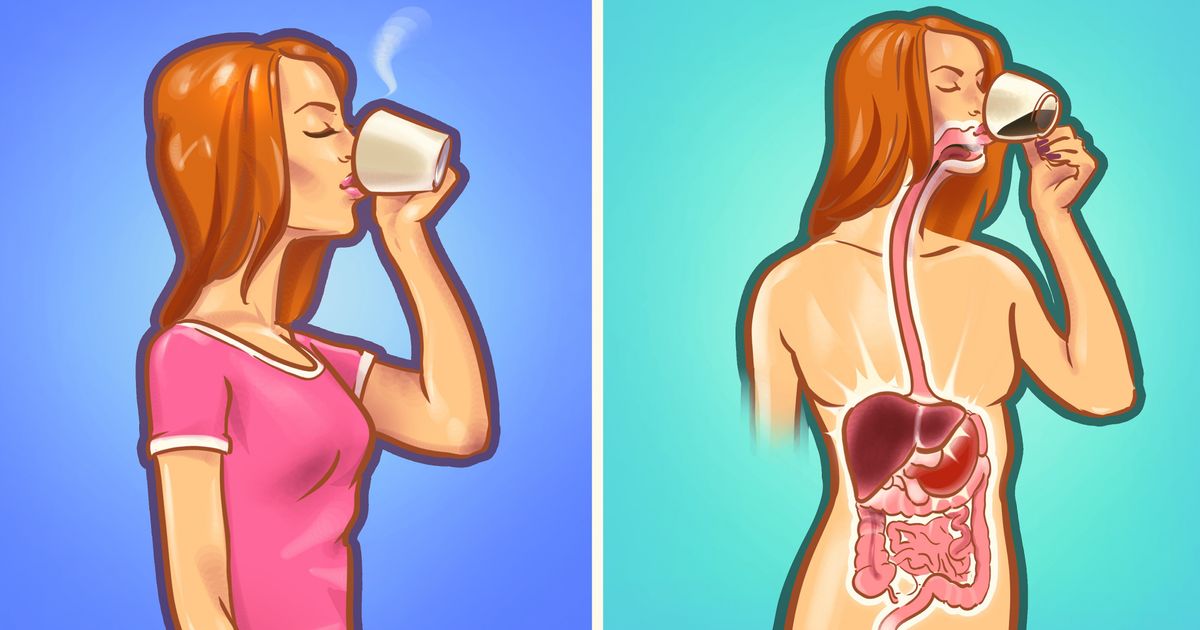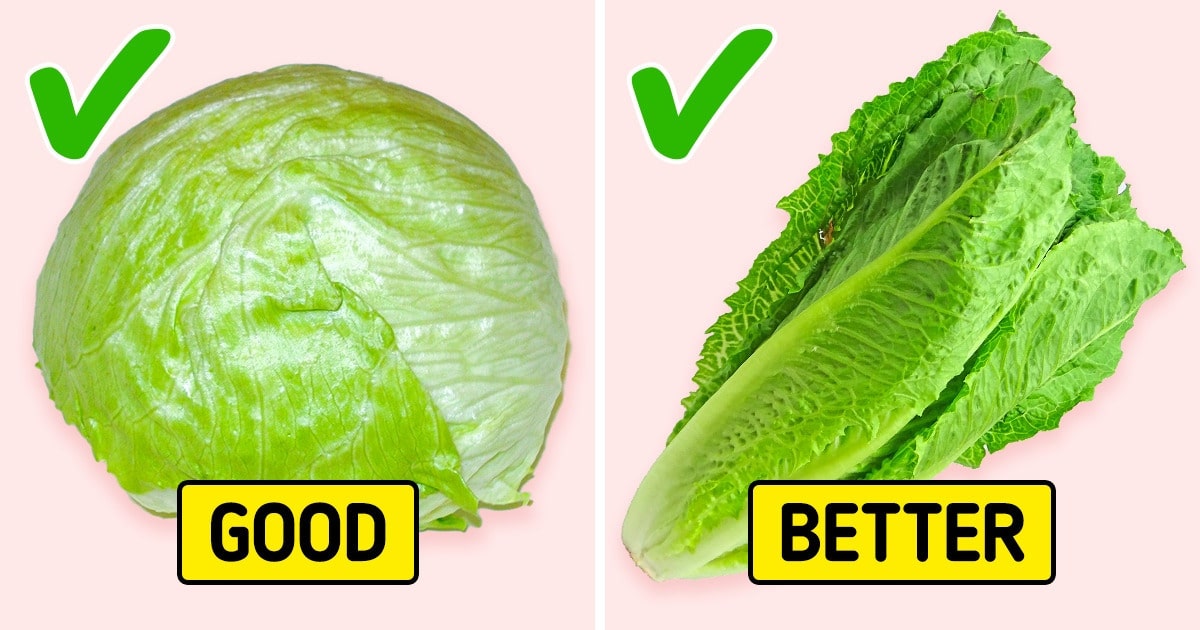Achieving sustainable weight loss doesn’t have to be complicated. By incorporating a few simple yet powerful habits into your daily routine, you can kickstart your journey to a healthier lifestyle. In this comprehensive guide, we’ll explore eight effective strategies, backed by expert insights and reputable sources, to help you shed pounds and improve your overall wellness. Whether you’re interested in portion control, mindful eating, or meal prep, these habits are designed to complement your diet plan and fitness routine.
Small Lifestyle Habits To Lose Weight
Master Portion Control for Weight Loss

One of the simplest yet most effective ways to lose weight is by managing portion sizes. Overeating—even healthy foods—can sabotage your weight loss efforts. By practicing portion control, you can reduce your calorie intake without feeling deprived.
- Understanding Serving Sizes: Familiarize yourself with standard serving sizes. For example, a serving of lean protein should be about the size of your palm. Incorporate tools like measuring cups or a food scale to help you stay on track.
- Mindful Plate Management: Fill half your plate with vegetables, one quarter with lean protein, and the remaining quarter with whole grains. This balanced approach not only helps you feel full but also ensures you receive essential nutrients.
- Benefits of Portion Control: Studies have shown that portion control can help reduce calorie intake and improve metabolic health. For more detailed insights, check out the Mayo Clinic’s guide on portion control.
Using portion control as part of your daily routine can have a significant impact on your weight loss journey. It’s a habit that doesn’t require drastic changes to your diet but offers lasting benefits when practiced consistently.
Slow Down Your Eating for Better Digestion
Rushing through meals can lead to overeating and poor digestion. Slowing down your eating pace is an effective way to help your body process food more efficiently and recognize fullness signals.
- Chew Thoroughly: Taking the time to chew your food properly allows for better digestion and nutrient absorption. Experts suggest chewing each bite 20–30 times.
- Mindful Eating Techniques: Avoid distractions such as TV or smartphones during meals. Instead, focus on the flavors, textures, and aromas of your food. This practice of mindful eating has been linked to improved digestion and better weight management.
- Health Benefits: Research indicates that slow eating can reduce the risk of gastrointestinal issues and improve overall satiety, which in turn can lead to a reduction in overall calorie consumption. Healthline offers additional tips on mindful eating practices.
Adopting the habit of slowing down during meals not only aids digestion but also contributes to long-term weight loss success. It’s a small change with a big impact on both physical and mental well-being.
Meal Prep: Prepare Healthy Lunches in Advance

Taking time to plan and prepare your meals can be a game-changer for weight loss. Meal prepping ensures that you always have a nutritious, calorie-controlled option available, reducing the temptation to order takeout or eat unhealthy snacks.
- Benefits of Meal Planning: By dedicating a few hours each week to meal prep, you can save time, reduce stress, and stick to your diet plan more effectively. Planning meals ahead minimizes last-minute decisions that often lead to unhealthy choices.
- Healthy Meal Ideas: Incorporate balanced meals that include lean proteins, whole grains, and plenty of vegetables. For inspiration, websites like WebMD and EatingWell offer a wide range of healthy recipes that are both delicious and nutritious.
- Tips for Successful Meal Prep: Invest in quality storage containers, plan your grocery shopping list around your menu, and try to batch cook staple ingredients such as quinoa or roasted vegetables to use throughout the week.
Meal prepping not only supports weight loss but also enhances your overall health by ensuring you consume nutrient-dense foods. This habit encourages a more mindful approach to eating and helps you control your calorie intake effortlessly.
Mindful Eating: Eliminate Distractions for Effective Weight Loss

Mindful eating involves fully engaging with your meal, savoring each bite, and being present during the eating process. Eliminating distractions can lead to better food choices and improved digestion.
- Focus on the Experience: Instead of multitasking, dedicate your time solely to enjoying your meal. This practice can help you recognize when you’re full, preventing overeating.
- Creating a Calm Eating Environment: Set the table, turn off electronic devices, and engage in a conversation with family or friends. A peaceful environment encourages slower, more deliberate eating.
- Scientific Backing: Numerous studies have found that mindful eating can reduce binge eating episodes and promote a healthier relationship with food. For more in-depth research, visit Harvard Health Publishing.
Incorporating mindful eating into your daily routine can significantly improve your weight loss results. By focusing on your meal and eliminating external distractions, you’ll not only enjoy your food more but also make better decisions about how much you eat.
Start Your Day Right: The Importance of a Nutritious Breakfast

Breakfast is often dubbed the most important meal of the day, and for good reason. A balanced breakfast kickstarts your metabolism, provides essential nutrients, and sets the tone for healthy eating throughout the day.
- Key Components of a Healthy Breakfast: Include a mix of protein, healthy fats, and complex carbohydrates. For example, consider options like Greek yogurt with berries, oatmeal topped with nuts, or a veggie-packed omelet.
- Boosting Metabolism: Eating a nutritious breakfast can jumpstart your metabolism and provide the energy needed for a productive day. This habit helps in reducing mid-morning cravings and stabilizes blood sugar levels.
- Expert Advice: Nutrition experts often emphasize the benefits of a hearty breakfast for weight loss and overall health. Check out WebMD’s recommendations on healthy breakfasts for more ideas.
Making breakfast a priority ensures that you start your day with energy and focus, which can have a ripple effect on your overall dietary choices. A well-balanced breakfast supports weight management by reducing hunger and promoting a steady energy release throughout the day.
Smart Snacking: Choose Nutrient-Rich Foods
Snacking can either be a pitfall or a powerful tool in your weight loss journey. The key is to choose snacks that are nutrient-dense and low in empty calories.
- Healthy Snack Options: Opt for snacks like fresh fruit, vegetables with hummus, nuts, or low-fat yogurt. These options are not only filling but also packed with vitamins and minerals.
- Timing and Portion Control: Eating snacks at regular intervals can prevent overeating during main meals. Keep portions moderate to avoid an excess calorie intake.
Smart snacking is a critical component of a balanced diet. By choosing nutrient-rich foods and controlling portions, you can maintain steady energy levels and avoid the pitfalls of high-calorie, low-nutrient foods.
Prioritize Quality Sleep for Weight Management

Quality sleep is an often overlooked but essential aspect of weight loss. A good night’s rest not only rejuvenates your body but also plays a crucial role in regulating hormones that control hunger and metabolism.
- Impact on Hormones: Poor sleep disrupts the balance of hormones such as ghrelin and leptin, which regulate appetite. Adequate sleep helps keep these hormones in check, reducing cravings and overeating.
- Sleep Hygiene Tips: Establish a regular sleep schedule, create a relaxing bedtime routine, and ensure your sleeping environment is comfortable and free of distractions. Consider limiting screen time before bed to improve sleep quality.
- Scientific Evidence: Research has consistently shown a strong link between sleep and weight management. For further reading on the relationship between sleep and metabolism, check out studies available on National Sleep Foundation.
By prioritizing quality sleep, you’re not only improving your overall well-being but also setting the stage for effective weight loss. Good sleep supports healthy hormone levels and boosts your energy, making it easier to stick to your diet and exercise routine.
Maintain Consistent Healthy Eating Habits Every Day
Consistency is key when it comes to weight loss. Adopting healthy eating habits on weekdays is important, but maintaining these practices during the weekends is equally crucial.
- Plan for the Weekends: Often, weekends are associated with indulgence and irregular meal patterns. Planning your meals and snacks in advance can help you avoid the temptation of unhealthy choices.
- Stay Accountable: Whether you’re dining out or cooking at home, staying mindful of your portion sizes and food choices is essential. Consider keeping a food diary or using apps that track your nutritional intake.
- Long-Term Benefits: Consistency in healthy eating fosters a sustainable lifestyle change rather than a short-term diet fix. For strategies on maintaining a balanced diet every day, Harvard Health provides excellent resources.
Maintaining healthy eating habits throughout the week, including weekends, reinforces the discipline needed to achieve long-term weight loss. This consistent approach not only optimizes your nutrition but also builds a solid foundation for overall health and well-being.
Conclusion
Adopting these eight simple habits can dramatically transform your weight loss journey. By mastering portion control, slowing down your eating, preparing healthy meals in advance, practicing mindful eating, prioritizing a nutritious breakfast, choosing smart snacks, getting quality sleep, and maintaining consistency in your eating habits, you pave the way for sustainable, long-term weight management. These strategies are not only supported by expert recommendations from reputable sources like Mayo Clinic, Healthline, and Harvard Health but are also practical steps you can start implementing today.
Incorporating these habits into your daily routine can help you achieve your weight loss goals while improving your overall quality of life. Remember, successful weight loss is a journey that involves gradual, consistent changes rather than quick fixes. By focusing on small, manageable adjustments, you’ll build the momentum needed to sustain a healthy lifestyle over the long term.
Whether you’re just starting your weight loss journey or looking for ways to optimize your current routine, these eight habits provide a comprehensive framework to support your efforts. Use this guide as a roadmap to better health, and don’t be afraid to experiment with what works best for your unique lifestyle and nutritional needs. With persistence and determination, you can transform your eating habits, boost your metabolism, and achieve the sustainable weight loss you’ve been striving for.









